What brand of banjo should I get?
Choosing a banjo brand can feel overwhelming, but the most important factor—especially for beginners—is finding a well-set-up instrument, regardless of price. From budget-friendly models like the Recording King and Gold Tone to premium handcrafted options, there's a great banjo for every stage of your musical journey.
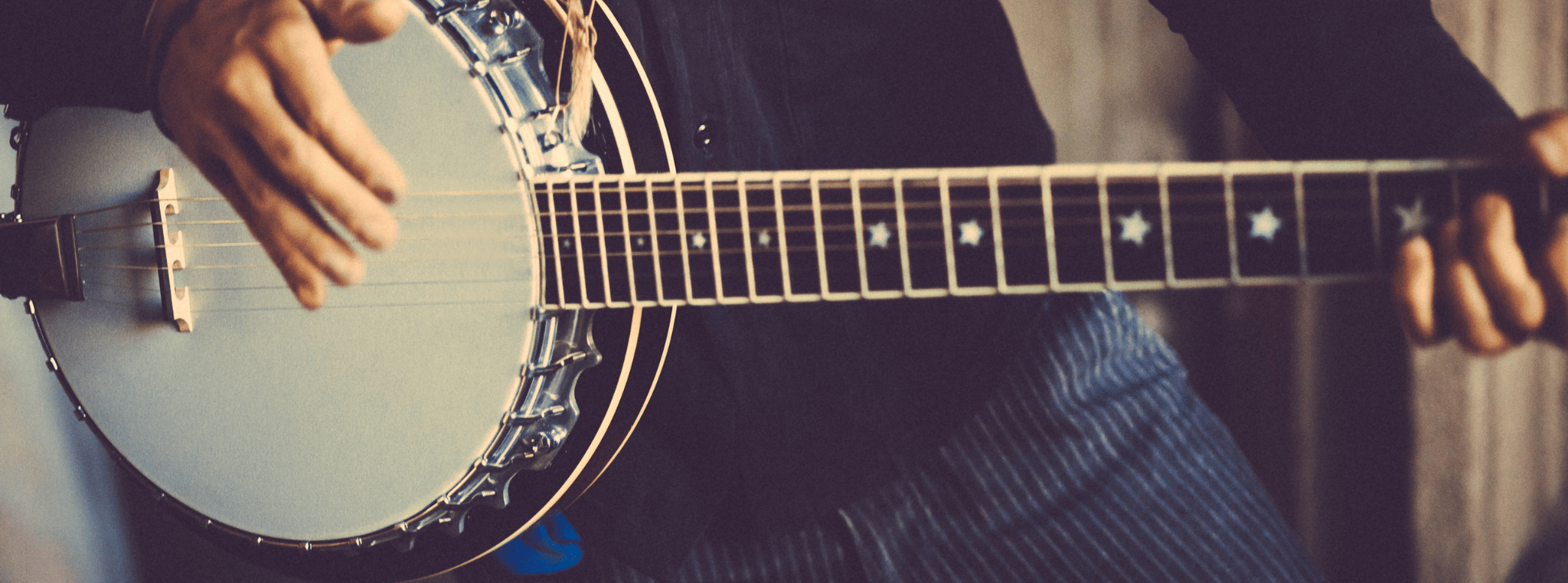
What brand banjo should you get, you ask???
That noise you just heard, my friend, is the sound of a giant can of worms opening.
As you might imagine, this is a topic filled will many diverse opinions. That’s because there are many valid options, and so there’s no “right” answer.
What follows is my own opinion, forged by a couple of decades of experience with the banjo and working with thousands of beginning students.
Before I go any further, if you remember nothing else, the most important feature of any banjo you get is that it has been set up well so that it plays easily.
This is why, for a beginner, it’s a great idea to buy your banjo from someone who knows banjos, and who has ensured that it has been set up properly (whether you’re buying it in person or, more likely, online).
This is because even the most inexpensive, entry-level banjo that’s been set up well will sound much better and be easier to play than the most expensive, top-of-the line banjo that has not.
So, with that said, here’s a bit more guidance on buying your first banjo.
Recommended Starter Banjos (under $500)
In general, there are two main things that make for a quality banjo:
- Quality materials. The quality of the wood and the quality of the hardware will impact the sound, playability, and durability of the banjo.
- Quality craftsmanship. The better the each individual component is made and the better they all fit together, the better the banjo will play and sound.
The banjos in this category will be factory-made, which helps to keep costs down, and won’t use the highest quality materials. But there are some perfectly good options here if you’re wanting to save some pennies on your first banjo purchase.
Also, as a beginner, it’s unlikely you’ll be able to tell or care about the difference in sound between a banjo in this price range and one many times more expensive. Your ear will learn to discern those differences over time. What’s most important about the banjo at this stage is that it’s not hard to play because of poor construction or a poor setup.
There are two banjos in this category that are well constructed and are a great option as a starter banjo if properly set up are. They are the:
- The Recording King “Dirty 30s” open-back.
- The Gold Tone AC-1 open-back.
Recommended Starter Banjos ($500-ish range)
If you’re able to spend a bit more, there are a couple of other options that will provide a modest sonic and cosmetic upgrade from the first two options. They are the:
- Gold Tone “Cripple Creek” CC-50 and CC-100 (based on the descriptions, I can’t tell any clear differences in these models other than cosmetics).
- Deering Goodtime.
I personally started out on a Deering Goodtime banjo. They are very well made, very easy to play, and sound great.
Recommended Non-Starter Banjos ($1500 and up)
Once you hit the $1500 range, you start getting into banjos with highest quality materials and craftsmanship. This includes instruments made by single builders, which in my opinion are the best options at this price point.
Traditionally, instruments in this category will hold or increase in value over the years. And unlike other investment vehicles, they make a pleasing twang when struck.
There a great many options, but some of the current makers include:
- Cedar Mountain
- Pisgah
- Kevin Enoch
- Rickard
- Carolina Banjo Company
- Chuck Lee
- Dogwood
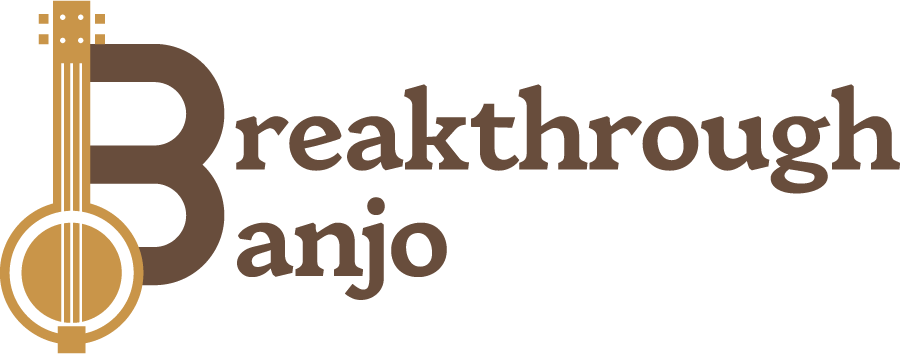
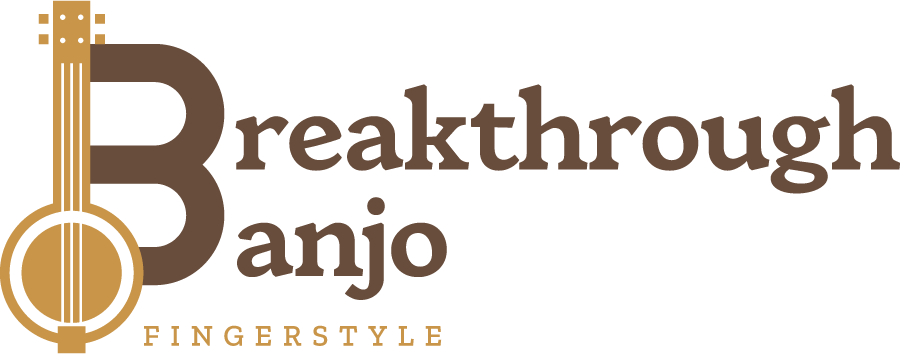
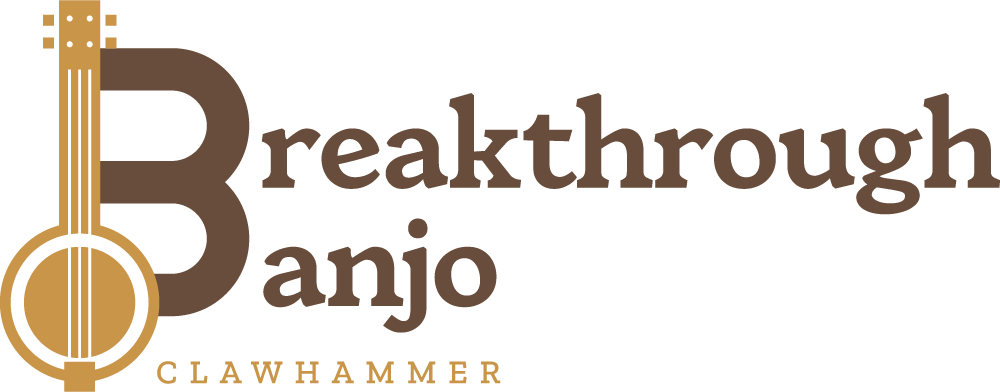

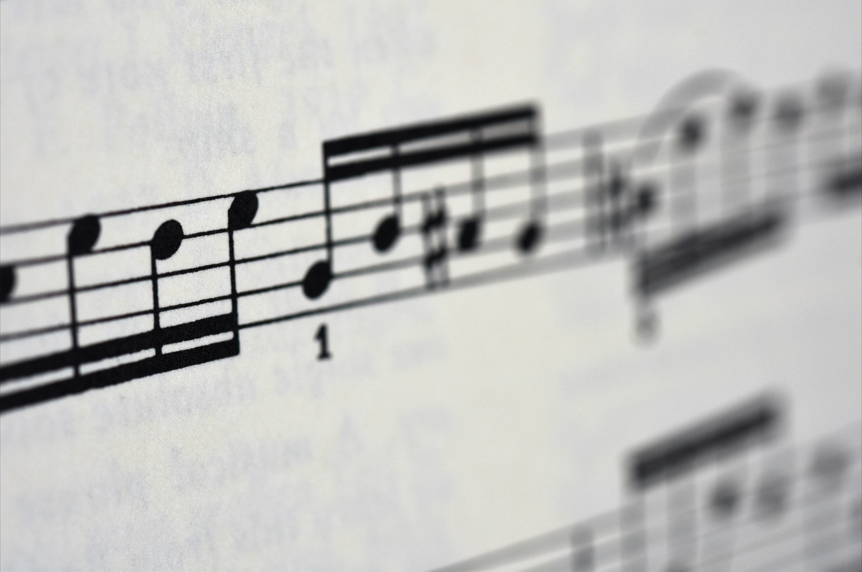
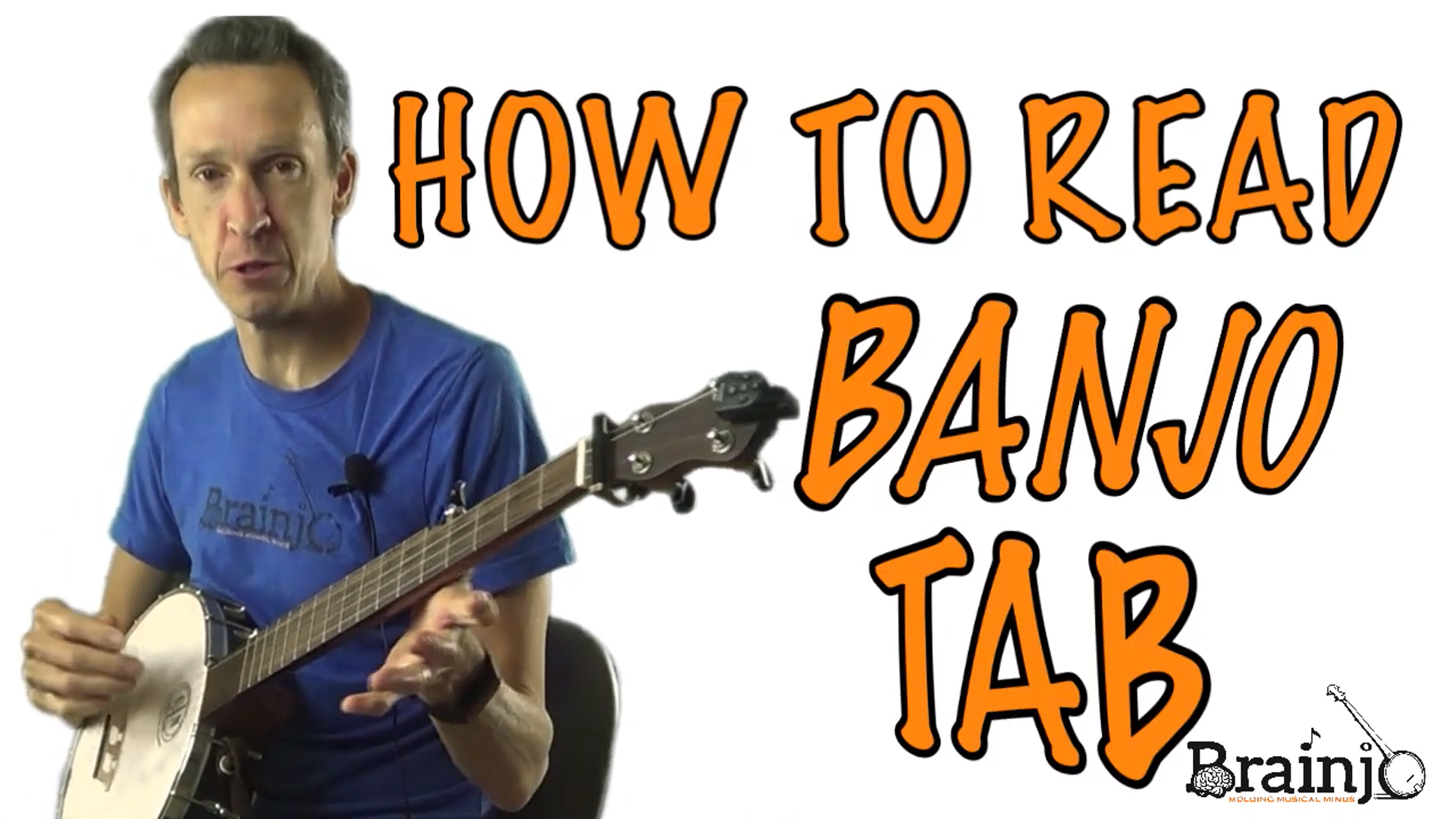
.png)